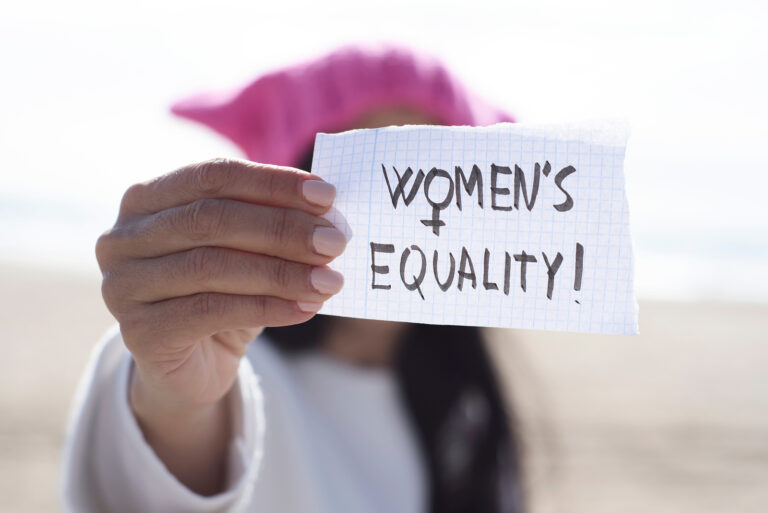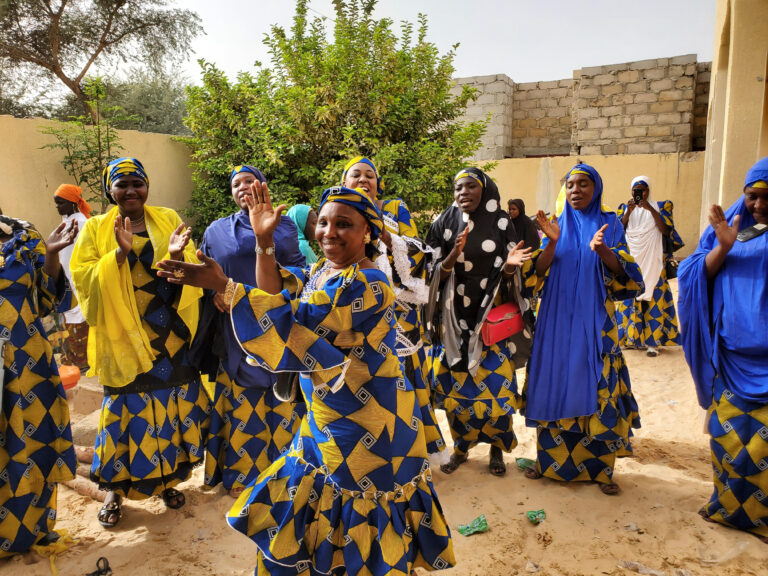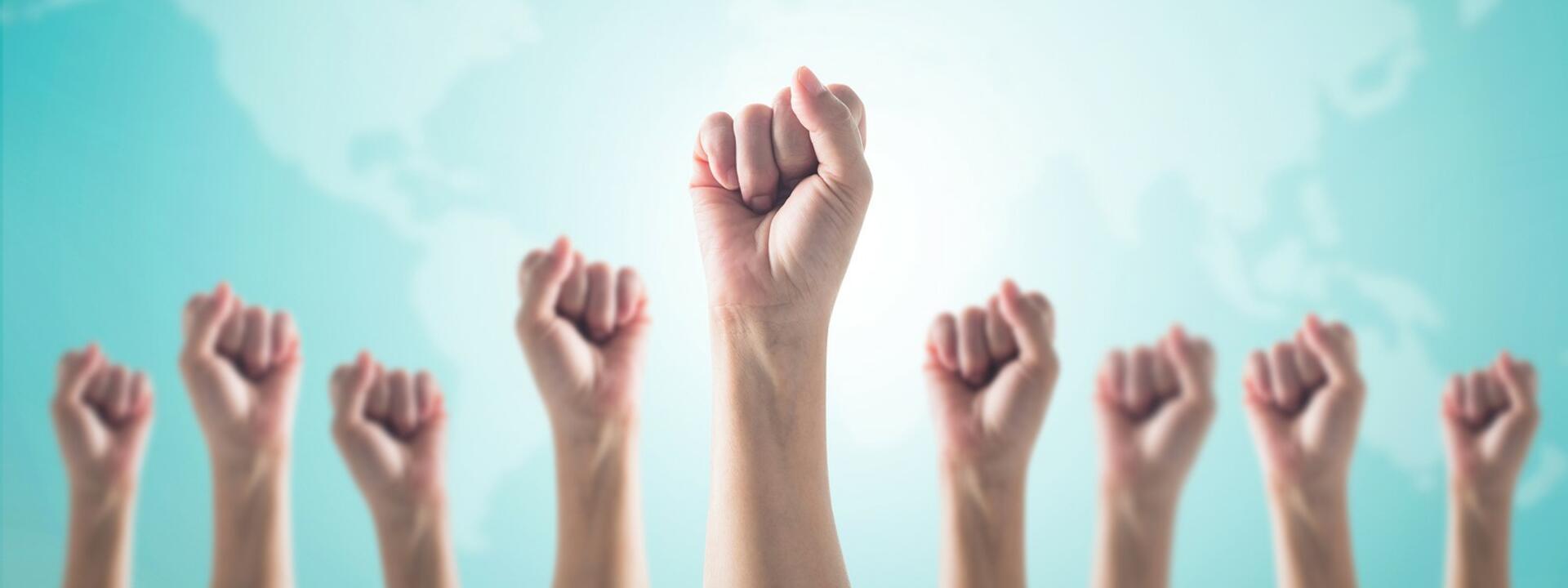
Choice Champions: breaking records, smashing barriers
Childfree athlete, motivational coach and Population Matters supporter Kate Strong is gearing up to attempt some the world’s most gruelling physical challenges. She recounts how her interest in the environment and women’s rights prompted her to become a spokesperson for female empowerment in every sense of the word.
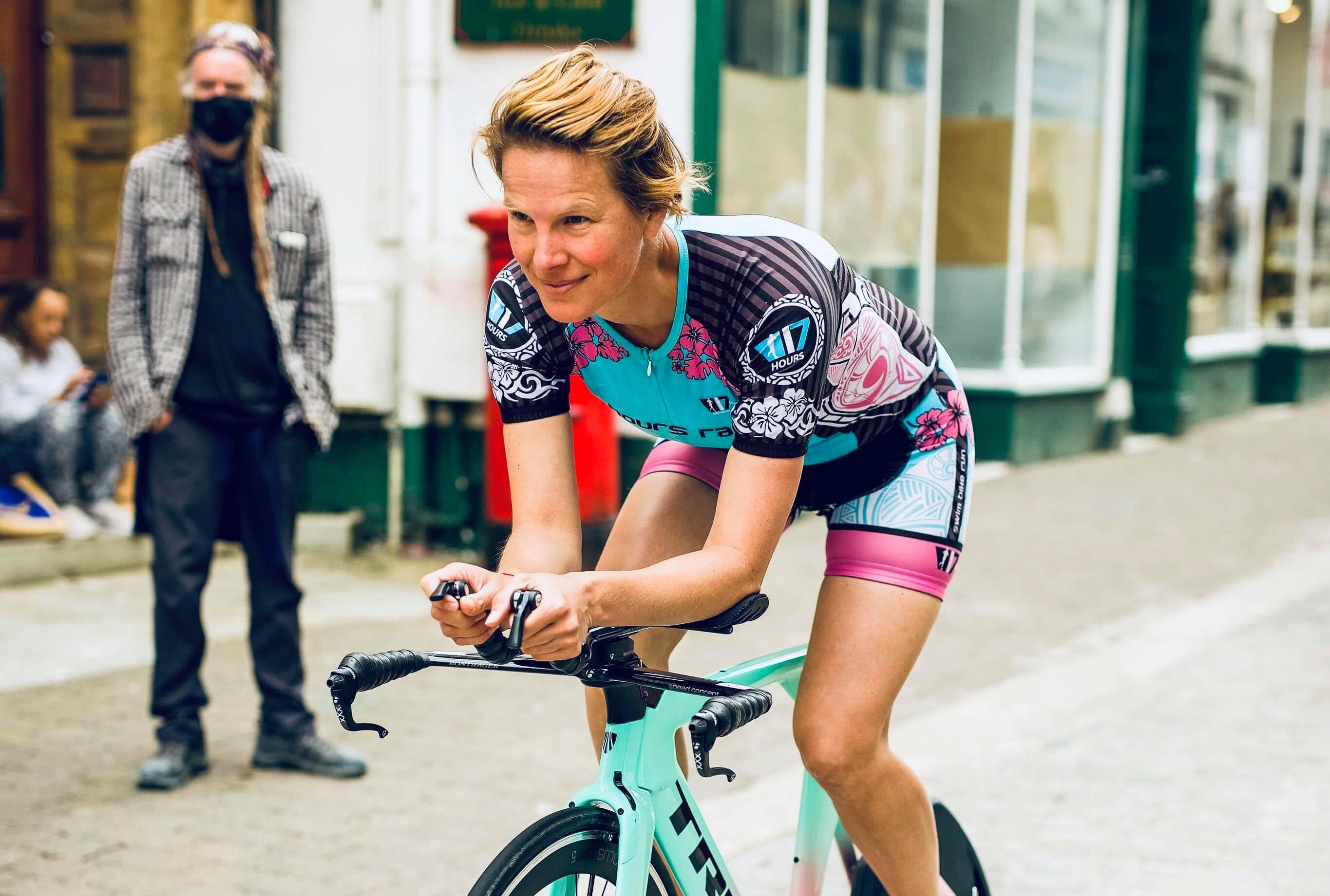
As I sit on a bench next to my local duck pond, someone points at me and asks if I’m the cyclist girl from the local newspaper. Smiling, I say “yes” and inwardly laugh that this is now my new nickname.
My name is Kate Strong and I am training to set a world’s first: The first person (not just female) to cycle 3,100 miles in the world’s toughest road race (Race Across America), swim the English Channel and summit Everest. During my training, I also want to set a new world record for the furthest distance cycled on a static bike in 24 hours – there’s a male record, but no female equivalent.
Looking at role models in business, sport and our society, I see a disproportionate amount of men, most of whom are white. When I was growing up, I was discouraged from challenging this status quo – my Mum sacrificed her career to become a full-time mother whilst my Dad was still able to go out and build a business.
Choosing childfree for the planet
From an early age, I saw stories in the news that told me our world was struggling with over-population: The number of children was growing while our natural resources were dwindling, and the stats showed this was getting worse and would continue to do so.
I didn’t know at that time what I could do to help others if I didn’t first address the issue myself, to avoid my own actions exacerbating the issue. It was at this moment, I made a clear decision not to have children, rationalising further that if I wanted to be a mother in the future, I could always adopt a child or animal (I knew I could love either as my own). And even though I attended an all-girls school which promoted progressive thinking for female leaders, far too often I found myself having to challenge the assumption that I would, at some point, inevitably end up having children and that I was simply going through a phase.
Today, I’m 42 years’ old and am very grateful to my younger-self for having made this decision. Today, I choose work that I find fulfilling and rewarding and I transform my sport into a platform from which I can promote much needed change in (gender) equality.
Empowering girls to break the vicious cycle
In particular in developing countries, girls’ education is still seen as less important than it is for their male counterparts. Girls are pulled out of education to care for their younger siblings and help with household chores. And, even when the family are pro-girl education, they express other concerns such as for their daughter’s safety travelling to and from school, preferring them to stay at home and prepare for marriage when they reach puberty.
Unfortunately, this locks the family into a cycle of poverty, continuing to impact the next generation, with girls not attending school and boys expecting the same from their brides-to-be.
I saw this first-hand while visiting an illegal city (a slum) in India. Girls as young as 15 were forced into marriage where their (usually much older) husband often abused them and prevented them from interacting with friends and other family members.
These women were trapped by their circumstances; they had no means of supporting themselves (nearly all of them were illiterate) and they were also expected to stay at home, isolated from any support they might have had access to otherwise.
Speaking with local grass-root charities, I learnt that domestic violence and illegal child marriage is unlikely to ever change without improving education, especially for women. Thrive Seed India offers education and support for women and young mothers. They believe that through educating the girls and mothers, lasting change can happen. It is the mothers who can educate their sons to respect their future wife and sisters. It is the mothers who can make sure the girls attend school, rather than work on the streets for $1-2 a day collecting rubbish or begging.
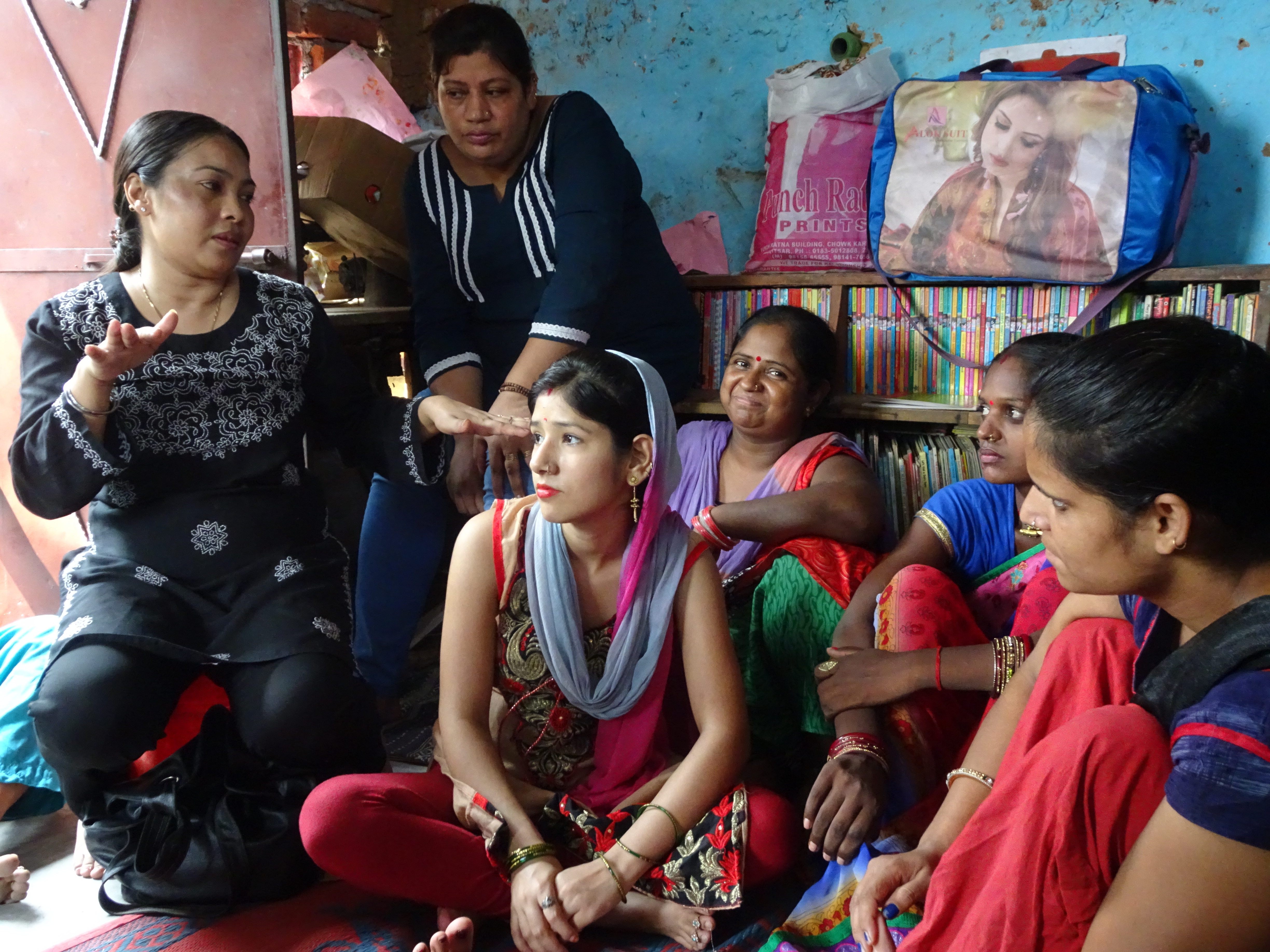
When I saw the correlation between girls’ education and breaking the poverty and abuse cycle, I knew I wanted – and needed – to support them. I ‘fostered’ two girls by covering their monthly education bill of $40 and also covering the income they would lose by being in school, rather than begging. Their family shouldn’t be forced to choose between buying food or educating their daughter.
And, in the two and a half years of my supporting my two girls, I’ve seen a huge shift in their self-esteem and confidence. Both girls can now read and write and are even starting to talk about what they want to do when they grow up – a luxury many of their peers don’t have.
Gender inequality is everywhere
In the UK, we may not see suppression of women in such extremes as in the slums of India, but out-dated beliefs around gender roles still exist and unconsciously negatively impact young women. How can we possibly move forward as a society when we are still supporting biases towards men?
I want to create more conversations about equal representation, and what the barriers are to making this happen. Society expects men to be confident, assertive and proud, and by doing so, they are rewarded with promotions and public accolades, more media coverage and successes. Women, on the other hand, are more likely to be labelled as bossy and unfriendly, unapproachable or difficult, when displaying similar character traits. There is a double standard present that is stacked against women.
I believe we can break down this divide and rebuild a stronger, more balanced and thriving community that sees the benefit of a diverse spectrum of leaders and role models. To achieve this, we need to address the problem from two different angles:
The first is to acknowledge where in our society this ‘white male’ dominance is being promoted (albeit unconsciously) and acknowledge the actions that are complicit in maintaining it, e.g. where in our work do we support a man and question a woman when they are both being assertive? Does how we talk to our daughters differ from our sons? Do you see a disparity in sports reporting, favouring men’s sport over women’s?
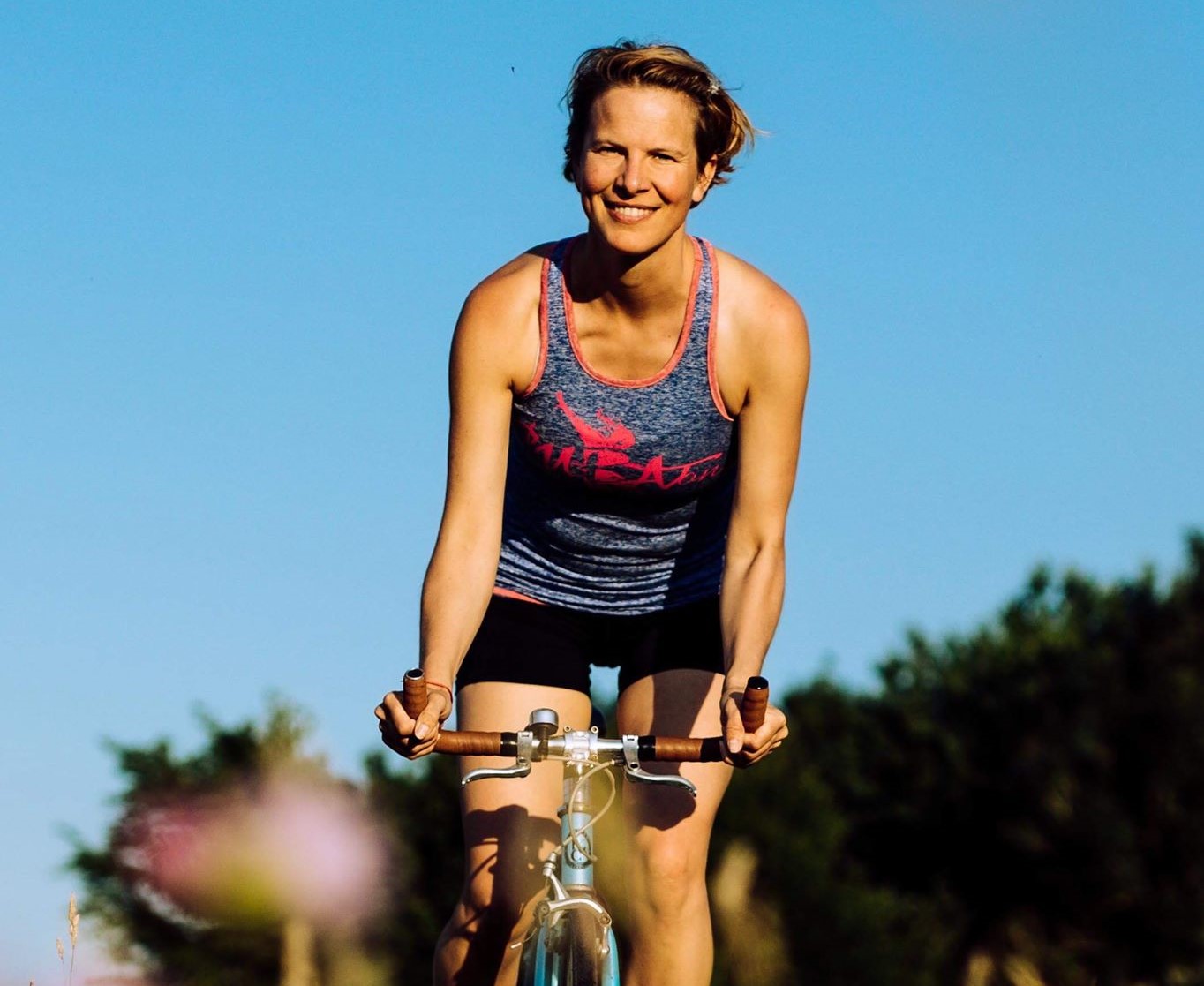
The change we want to see
The second comes down to us. For men, how can you more publicly and consistently champion the women in your life? This doesn’t mean doing things for us, this means asking us “How can I help you?” Let us find our power and shine in the lime-light!
And for the women, when you look around, if you do not see a woman role-model, or someone you could aspire to become, I invite you to become the person you cannot see. We need more women who are leaders, directors, athletes and role models so the future generations have someone to look up to and see themselves reflected back.
I am stepping over my discomfort of publicly sharing my sporting events to let girls know that there is a place for them in the adventuring world. I was saddened, but not surprised by some statistics I read about my own adventures. Only 18% of Everest summits and 36% of Channel swim crossings are by women. Similar numbers are reflected in work, with 34% of Executive Director positions being held by a woman. I want to see more women competing and working alongside our male counterparts.
We need to be the change we want to see. We need to lead by example and carve a path for other women to join us.
Who will join me?
Kate Strong is an Engineering graduate turned life coach and sporting event record-breaker. She believes that to find motivation and to get extra-ordinary results, we need to step outside our comfort zone. She is a world-champion triathlete, TEDx speaker, business founder and philanthropist. Learn more about Kate on her website and keep up with her activities on Twitter.
The views expressed in guest blog posts do not necessarily reflect the opinions and position of Population Matters.

